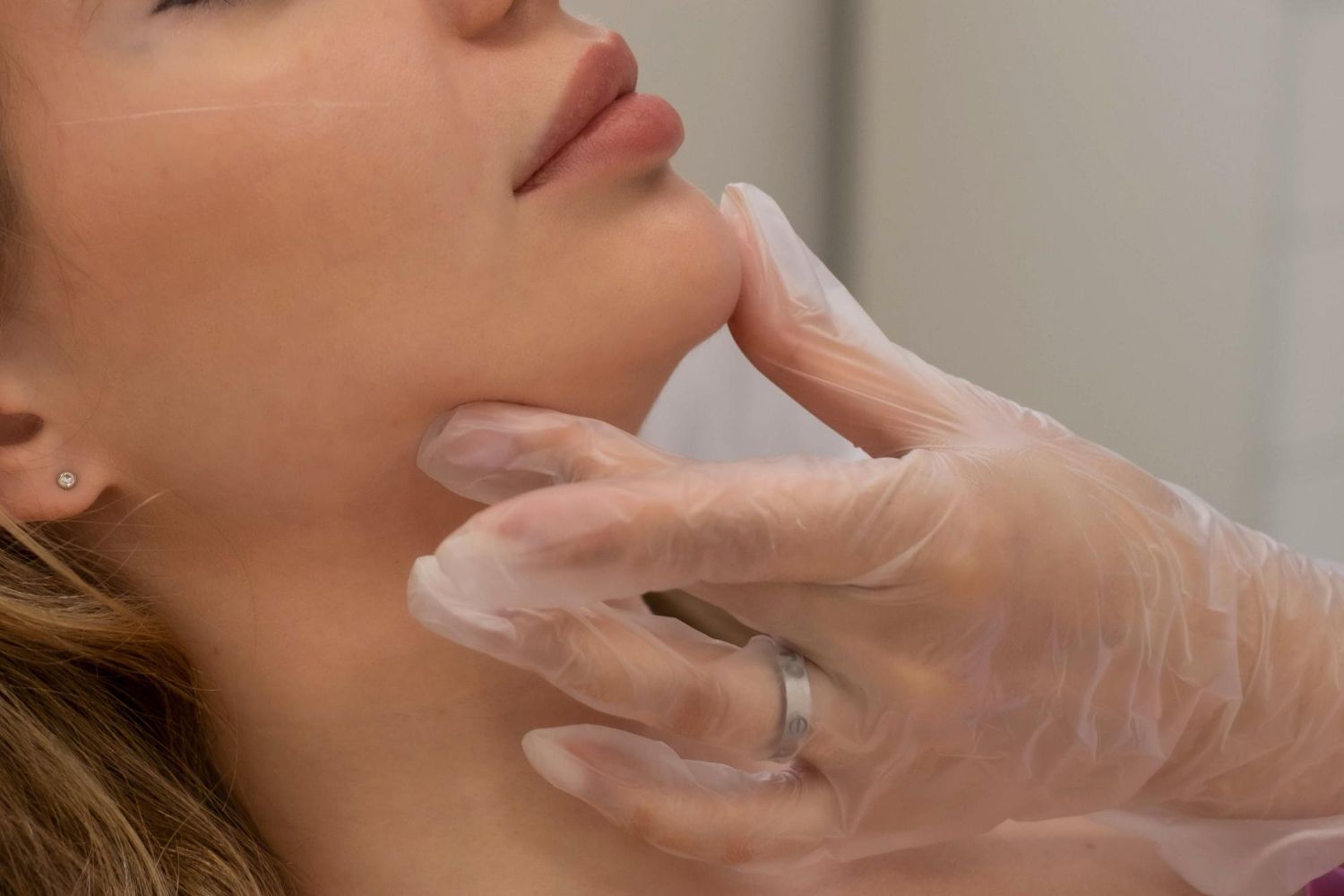Nutritional Strategies for Sleep Apnea, TMJ Disorders, and Head and Facial Pain

Proper nutrition plays a vital role in promoting overall health and well-being when it comes to managing sleep apnea, TMJ disorders, and head and facial pain. At The Center For Sleep Apnea and TMJ, Dr. Cameron Kuehne and our team understand the importance of a balanced diet in successfully addressing these conditions. By combining evidence-based nutritional strategies with personalized care plans, we empower our patients in Meridian to take control of their health and embrace a more balanced lifestyle.
A well-rounded diet provides essential nutrients for the body to function optimally and supports proper sleep, muscle function, and pain management. In the context of sleep apnea, TMJ disorders, and head and facial pain, specific dietary choices may help reduce inflammation, minimize muscle tension, and promote healthier sleep patterns. By making thoughtful choices in what we eat, we can help alleviate symptoms, improve sleep quality, and support our bodies in the journey toward better health.
In this article, we will explore the role of nutrition in managing sleep apnea, TMJ disorders, and head and facial pain. We will discuss various dietary guidelines and food choices that may help reduce inflammation, support muscle and joint health, and promote restful sleep. We will also share insights and advice from Dr. Cameron Kuehne and our skilled team at The Center For Sleep Apnea and TMJ to help you make informed decisions about your diet and overall health.
Join us as we delve into the transformative power of proper nutrition in managing sleep apnea, TMJ disorders, and head and facial pain, and learn how The Center For Sleep Apnea and TMJ can support you on your path to a healthier, happier life.
The Impact of Nutrition on Sleep Apnea, TMJ Disorders, and Head and Facial Pain
A balanced diet can have significant benefits for those suffering from sleep apnea, TMJ disorders, and head and facial pain. In this section, we will explore how dietary choices influence these conditions:
1. Sleep Apnea:
Consuming nutrient-dense, anti-inflammatory foods may contribute to weight management and provide essential nutrients for maintaining healthy muscle tone, both of which can help reduce sleep apnea symptoms.
2. TMJ Disorders:
Proper nutrition can help minimize inflammation in the jaw joint and surrounding muscles, potentially reducing TMJ-related discomfort and dysfunction.
3. Head and Facial Pain: Eating a well-balanced diet can help manage inflammation and muscle tension throughout the body, reducing the frequency and severity of headaches, migraines, and facial pain.
Nutritional Guidelines for Managing Sleep Apnea, TMJ Disorders, and Head and Facial Pain
Implementing specific dietary guidelines and making thoughtful food choices can support the management of sleep apnea, TMJ disorders, and head and facial pain:
1. Embrace an Anti-inflammatory Diet: Include foods rich in omega-3 fatty acids such as fatty fish, walnuts, and chia seeds, and antioxidant-packed fruits and vegetables like berries, leafy greens, and tomatoes to help reduce inflammation throughout the body.
2. Prioritize Magnesium-rich Foods:
Foods high in magnesium, such as spinach, almonds, and pumpkin seeds, can support muscle and nerve function, potentially reducing muscle tension related to TMJ disorders and head and facial pain.
3. Maintain a Healthy Weight:
Adopt a balanced diet that supports healthy weight management, as excess weight can exacerbate sleep apnea and increase the risk of related comorbidities.
4. Limit Caffeine and Alcohol:
Caffeine and alcohol can negatively affect sleep quality, muscle relaxation, and pain sensations. Reducing their consumption can help minimize sleep disturbances and alleviate symptoms of TMJ disorders and head and facial pain.
5. Stay Hydrated:
Proper hydration can help reduce headaches and support overall health. Aim to drink plenty of water throughout the day and consider consuming water-rich fruits and vegetables.
6. Avoid Trigger Foods:
Certain foods may aggravate headaches and migraines in some individuals. Common culprits include aged cheese, processed meats, and monosodium glutamate (MSG). Identifying and avoiding trigger foods can help manage head and facial pain more effectively.
Support from The Center For Sleep Apnea and TMJ
At The Center For Sleep Apnea and TMJ, Dr. Cameron Kuehne and our team take a comprehensive and personalized approach to nutritional support for patients struggling with sleep apnea, TMJ disorders, and head and facial pain. We offer expert guidance on making dietary choices that can help alleviate symptoms, along with tailored treatment plans and additional support services.
Depending on your specific needs, our team may also recommend various non-nutritional treatment options for sleep apnea, TMJ disorders, and head and facial pain, such as:
1. Custom Oral Appliances:
These devices can help reduce sleep apnea symptoms or provide relief from TMJ-related discomfort by maintaining proper jaw alignment and preventing teeth clenching or grinding.
2. Trigger Point Injections: These injections can provide targeted relief for head and facial pain arising from muscle tension.
3. Botox® for TMJ Disorders and Pain Relief:
Botox® injections can help relax overactive jaw muscles, reducing pain and discomfort related to TMJ disorders and certain types of head and facial pain.
4. Multidisciplinary Care: In some cases, our team may collaborate with other healthcare professionals, such as nutritionists, physical therapists, or behavioral health specialists, to ensure a comprehensive and coordinated approach to managing your condition.
Enhance Your Health and Well-Being with Nutritional Support from The Center For Sleep Apnea and TMJ
A healthy, balanced diet can be transformative for those dealing with sleep apnea, TMJ disorders, and head and facial pain. By implementing nutritional strategies and seeking support from Dr. Cameron Kuehne and our team at The Center For Sleep Apnea and TMJ, you can address symptoms, improve sleep quality, and cultivate a healthier lifestyle. Reach out to us today to learn more about our
sleep apnea treatment in Meridian, ID, and how we can help you embrace the power of nutrition on your journey to a happier, healthier life.










